Choosing the Best Fertilizer for Fruit Trees
Growing fruit trees is rewarding, but it takes more than water and sunlight to produce healthy growth and delicious harvests. Fertilizer for fruit trees supplies the essential nutrients trees need for strong roots, steady growth, and plentiful fruit.
This guide explains the right time to fertilize fruit, how to select the best fertilizer for fruiting trees, and tips for applying fertilizer effectively without harming soil health.

Why Fertilizing Fruit Trees Matters
Fruit trees remove nutrients from the soil every year through growth and fruit production. Without replacing those nutrients, growth slows, leaves may yellow, and fruit becomes smaller or drops prematurely. Some trees also become more vulnerable to problems like fire blight.
Using the right fruit tree fertilizer helps prevent deficiencies, promotes good fruit set, and supports long-term tree health. Balanced feeding strengthens resistance to disease, improves fruit size, and ensures a steady harvest year after year.
When to Fertilize Fruit Trees
The best time to fertilize fruit trees is in early spring, just before buds begin to swell. At this stage, trees are waking up from dormancy and need nutrients to power new shoots, blossoms, and roots.
You can apply fertilizers again in early summer, but avoid fertilizing with nitrogen after July. Late feedings can produce tender new growth, which frost may damage.
For more seasonal guidance, check out this full article on when and how to fertilize fruit trees.

How to Decide If Your Tree Needs Fertilizer
Not every tree needs feeding each year. Instead of guessing, measure the previous year’s growth:
- Young apple trees and pears: 18–30 inches
- Mature apple trees and pears: 12–18 inches
- Young sweet cherries: 22–36 inches
- Mature cherries: about 8 inches
- Peaches and nectarines: 12–18 inches
If growth falls below these ranges, it’s time to fertilize. But if you pruned off more than 20% of the canopy the previous year, wait before adding extra nutrients.
Choosing the Best Fertilizer for Fruit Trees
The best fertilizer for fruit trees depends on soil health, tree age, and crop type. Before feeding, have your soil tested with a professional soil test or try a home soil test kit to check soil pH and nutrient levels.
Here are common fertilizer choices:
Organic Fertilizer Options
- Chicken manure or Sup’R Green chicken manure – slow-release nitrogen for steady growth.
- Soybean meal – a plant-based organic fertilizer rich in nitrogen.
- Compost – improves soil health and adds organic matter.
High-Nitrogen Sources for Growth
Micronutrient Boosters for Fruit Quality
- Azomite – supplies trace minerals for flavor and fruit set.
- Langbeinite – adds potassium and magnesium for sweetness and firmness.
For a wide range of options, see our fruit tree fertilizer collection.
How to Apply Fertilizers to Fruit Trees
- Measure tree age or trunk diameter to calculate how much to apply. A common rule: 0.10 pounds of nitrogen per year of age or inch of trunk, up to 1 pound maximum.
- Apply fertilizers evenly under the canopy, starting a foot away from the trunk and extending to the drip line.
- For nutrients that move slowly in soil, dig small holes 6 inches deep and 12–18 inches apart. A bulb auger makes this easier.
- Top with compost or other organic matter, then water well.
- Consider liquid feeding through drip systems. Learn how with our fertilizing fruit trees video.
Special Tips for Young Trees and Planting Holes
For young trees and new plantings, start with a good foundation. Mix compost and organic fertilizer into the planting hole when setting out bare root apple trees or other stone fruits. This helps roots establish quickly. For more background, see our article on debunking bare root fruit tree myths.
Conclusion
The right fruit tree fertilizer keeps your orchard thriving. Remember to have your soil tested, choose the best fertilizer for fruiting trees based on needs, and fertilize at the right time. Avoid late feedings, measure growth yearly, and always support soil health with compost and organic matter. With consistent care, your apple, pear, peach, and cherry trees will reward you with strong growth and bountiful harvests.
FAQs About Fertilizer for Fruit Trees
Which fertilizer is best for fruit trees?
What is the best time to fertilize fruit trees?
Which fertilizer is good for fruiting?
Is 20-20-20 fertilizer good for fruit trees?
How often should I fertilize my trees?
What is the best month to fertilize fruit trees?
Is Epsom salt good for fruit trees?
Is chicken manure good for fruit trees?
Which NPK is best for fruiting?
What are signs of over-fertilization?
Resource Area: Mixing & Dosing Liquid Feeds
Learn how to use the Siphonject to effectively mix and deliver nutrients through drip systems:
- Fertilizing Fruit Trees – Video showcasing injection of soluble fertilizer into irrigation systems.
- Dramm Siphonject – Demonstrates how to install and operate a siphon mixer for accurate fertilizer dosing.
- Down to Earth Vegan Mix – A plant-based organic fertilizer ideal for vegetables, herbs, and flowers.
- Down to Earth Tree & Shrub – Fertilizer formulated for woody plants, helping establish trees and perennial shrubs.







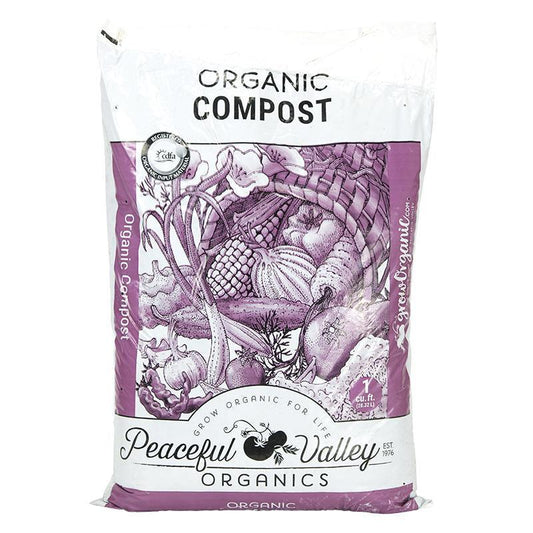
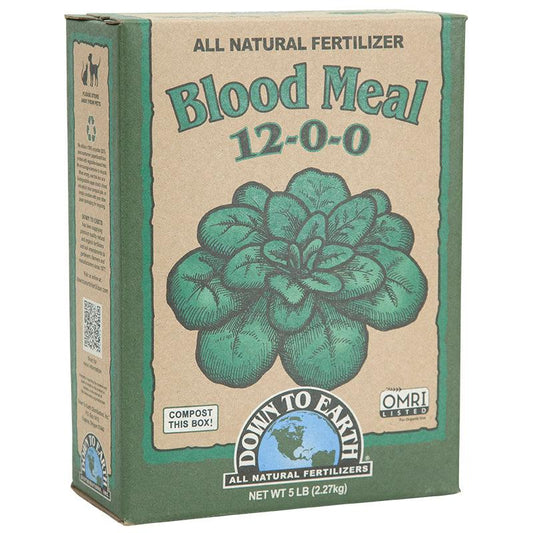
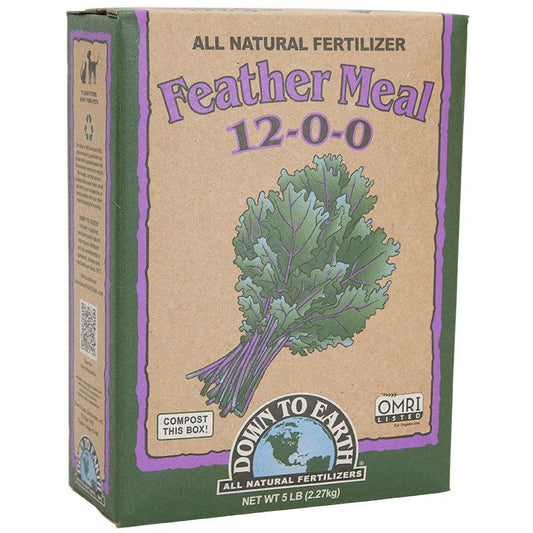

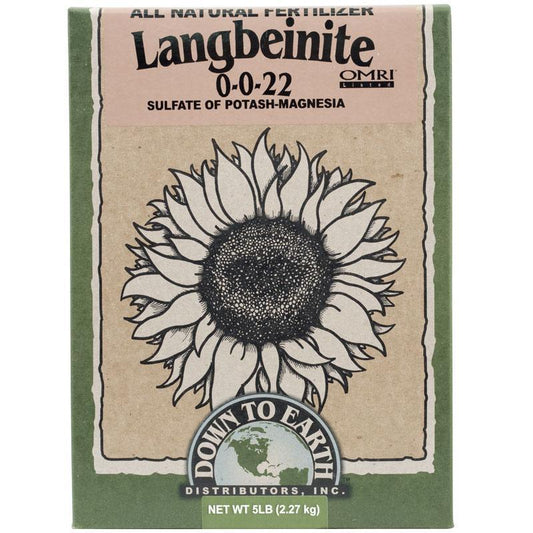
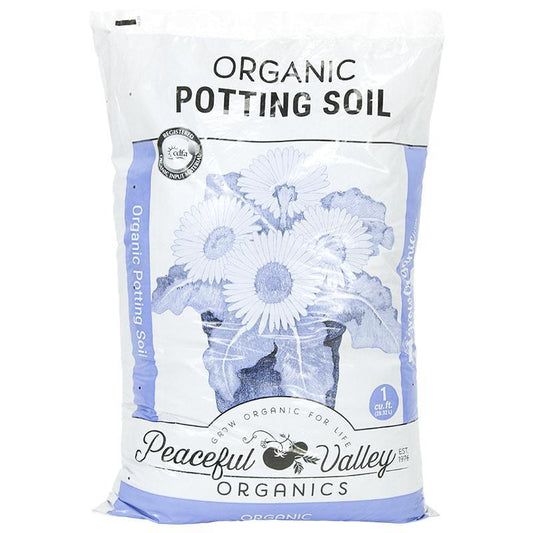
81 comments
This year, I had a bumper crop of apples on my 10 year old Liberty apple tree. While I have had some apples in the past, I’ve never had anywhere near this many and I’ve always had to harvest early to try to beat the squirrels. This year…the squirrels have left my apples alone. I am not complaining but I am interested in why. I seem to recall, years ago, reading something in a book or on the internet that indicated that young fruit trees naturally produce some chemical to attract squirrels and other pests to “thin” fruit for them to allow the tree to produce stronger roots. Then, when the tree is mature, it produces another chemical to repulse pests like squirrels. I can’t locate where I read this so I don’t know if I am remembering correctly or making it up or possibly reinterpreting portions of Peter Wohlleben’s book “The Hidden Life of Trees”. FWIW, we had a mild winter this year and abundant rain this spring and summer. I’ve also noticed that the pignut hickories nearby have almost no nuts on them and wondered if maybe the squirrels headed elsewhere in the neighborhood to find nuts. But I do see squirrels in my apple tree occasionally and they are definitely not eating the apples. Any ideas why?
Ankur, you can fertilize with a fertilizer that has more phosphorus in it. Right now, in August, you do not want to give them any supplemental nitrogen. It is too late in the season. You also want to make sure that in the early summer, like June, you want to thin your fruit so you will not get alternate bearing (every other year).
I have a peach tree . I leve in Chicago. There were no peaches observed this year but had some last year and abundant a year before that. So what could be the problem if I had to start getting peaches from same tree again
Hi Lucia. I too was having problems with fruit trees here in North San Diego County ( Warner Springs), until I realized we live in hot springs country, and our water ( well water) has a high mineral content and has a high pH. If you rely on a water softener remember to deploy the bypass button on your water softener tank. If you do not use one, have a sample of your water and soil analyzed.
I acidified some of the area in my yard and the fruit feee are thriving now. I am probably at too high an elevation for guava, but I’m going to give it a try. Hope this helps.
Daniel.
Bill, I would just continue caring for them like the others, and once they get their roots established, they should catch up to the others. Keep any fruit picked off of them until next year. You want them to put their energy into growing a strong root system the first year and not fruit. Don’t put a lot of nitrogen on them this late in the season. You can fertilize with something that does not contain nitrogen.